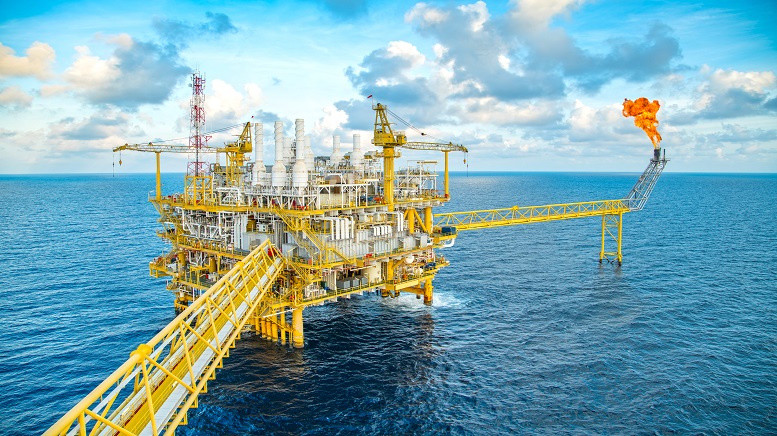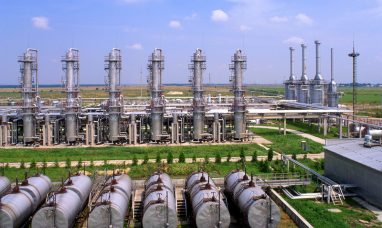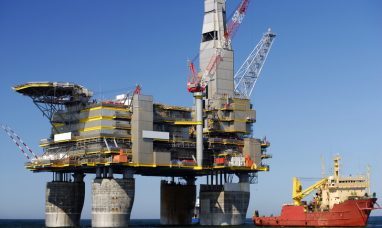After weeks of a bad run in the oil market, the price of crude oil jumped around 3% on Thursday, making it the highest it has been in the last two weeks. Analysts are postulating that the increase is associated with the Memorial Day holiday, which will serve as the start of America’s peak driving season on Monday.
The American Automobile Association estimated that about 39 million Americans are expected to be on the road from Friday due to the Memorial Day holiday. As fuel prices reach a record high, trips and shorter travel distances are expected to take place on Monday.
New York-traded West Texas Intermediate crude for July delivery was seen at $3.76, or 3.4%, at $114.09 a barrel. This one-day run-up is the biggest that West Texas Intermediate has seen in nearly two weeks. The last big run-up WTI saw was on May 13, when it surged 4%. Prior to Thursday, the four sessions had seen choppy trade, which affected the U.S. crude benchmark and subsequently resulted in a loss of 1.7%.
An analyst at OANDA, an online trading platform, said the following:
“The latest round of U.S. data suggests the economy is decelerating, but the consumer is still spending and probably will be traveling a lot this summer.”
Germany’s economy minister also hinted earlier that there is a possibility that the EU could potentially strike a deal that would place an embargo on oil in the coming days. This comes in the wake of EU sanctions on the oil trade. Habeck, the economic minister, stated that if common ground was not found, they would look at “other alternatives.”
Hungary is a stumbling block to the united support that is required for EU sanctions on oil out of Russia. Hungary’s capital city, Budapest, is requesting a sum of around 750 million euros ($800 million) to refurbish its refineries and connect its pipeline from Croatia; this will enable it to switch from Russian-produced oil. The outcome of this remains to be seen. EU sanctions on Russian oil continue to affect the EU.
The Chinese government, on the other hand, doesn’t seem to be impressed with this idea. In a message delivered by Premier Li Keqiang, which focused on the country’s struggles with CV-19, concern was raised about these moves by the world’s largest oil importer. Analysts believe that the Chinese economic factor could affect sentiment in the oil market in the coming weeks.
Featured Image: Megapixl @Pichitbo










